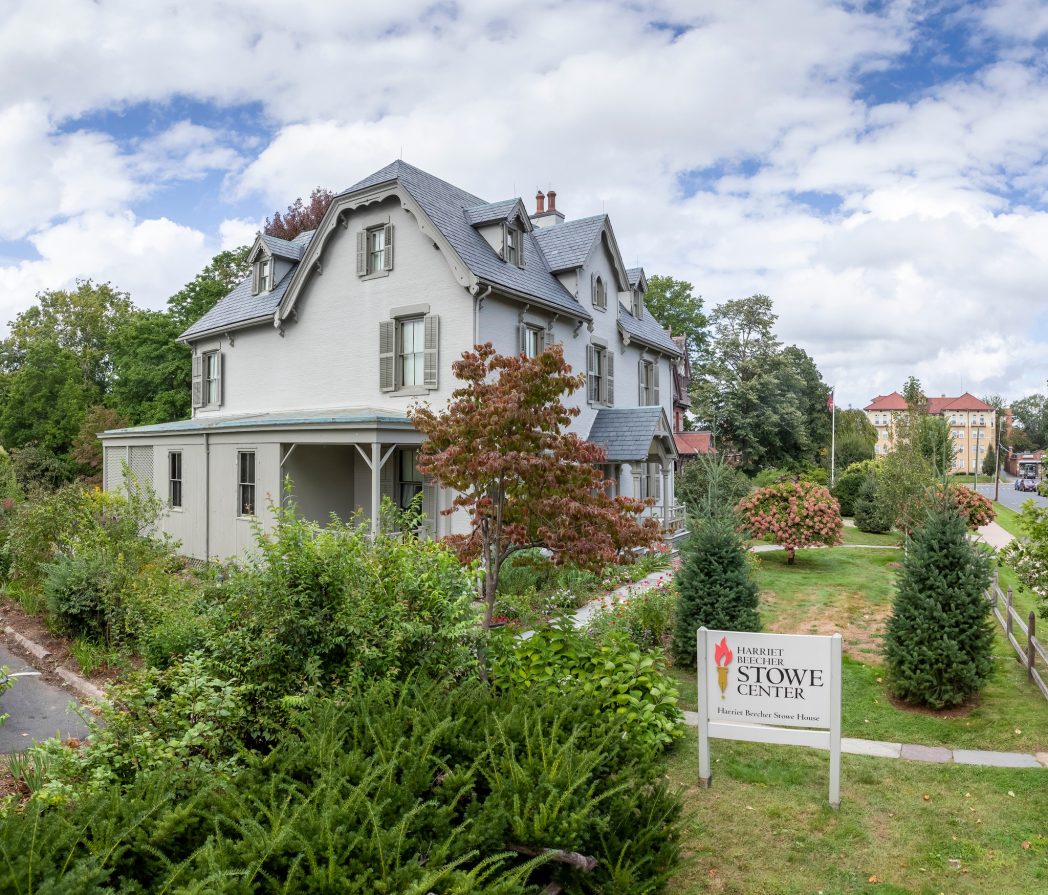


The Harriet Beecher Stowe Center is pleased to host a panel discussion about Pedro Albizu Campos, the brilliant and controversial lawyer and leading figure of the Puerto Rican independence movement. Despite facing blatant racism, Albizu Campos delivered the valedictory speech at his graduation from Harvard Law School in 1919. Returning to Puerto Rico after graduation, Albizu Campos became involved in the independence movement; Puerto Rican was and remains a U.S. territory. He was eventually elected president of the Puerto Rican Nationalist Party and led strikes and demonstrations against violence and unfair labor practices by U.S.-led organizations. Responding to increased violence and oppression, Puerto Rican independence movements likewise intensified their demonstrations, culminating in uprisings in both Puerto Rico and the U.S. in the fall of 1950. As leader of the Nationalist Party, the U.S. held Albizu Campos responsible for the uprisings and arrested him and sentenced him to 80 years in jail. While imprisoned, Albizu Campos claimed that he was being subjected to radiation experiments, a claim which authorities deny, yet medical experts corroborate. Suffering a stroke in prison, Albizu Campos died in 1965. More than 75,000 Puerto Ricans honored him at his funeral procession to San Juan.
Known as a visionary leader of the independence movement by his supporters and as a perpetrator of violence by detractors, Pedro Albizu Campos remains a complicated and compelling figure of the Puerto Rican independence movement. This panel will explore recent research on Albizu Campos’ life, resources and strategies for studying Albizu Campos, and how to incorporate him and others into the Connecticut Black and Puerto Rican Studies curriculum.